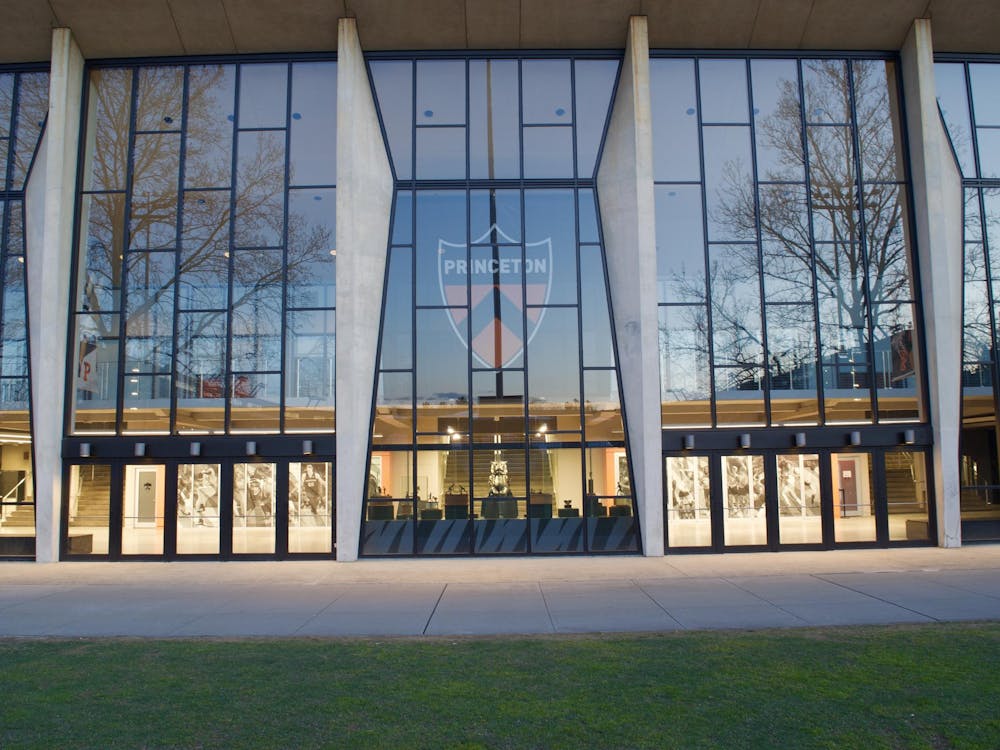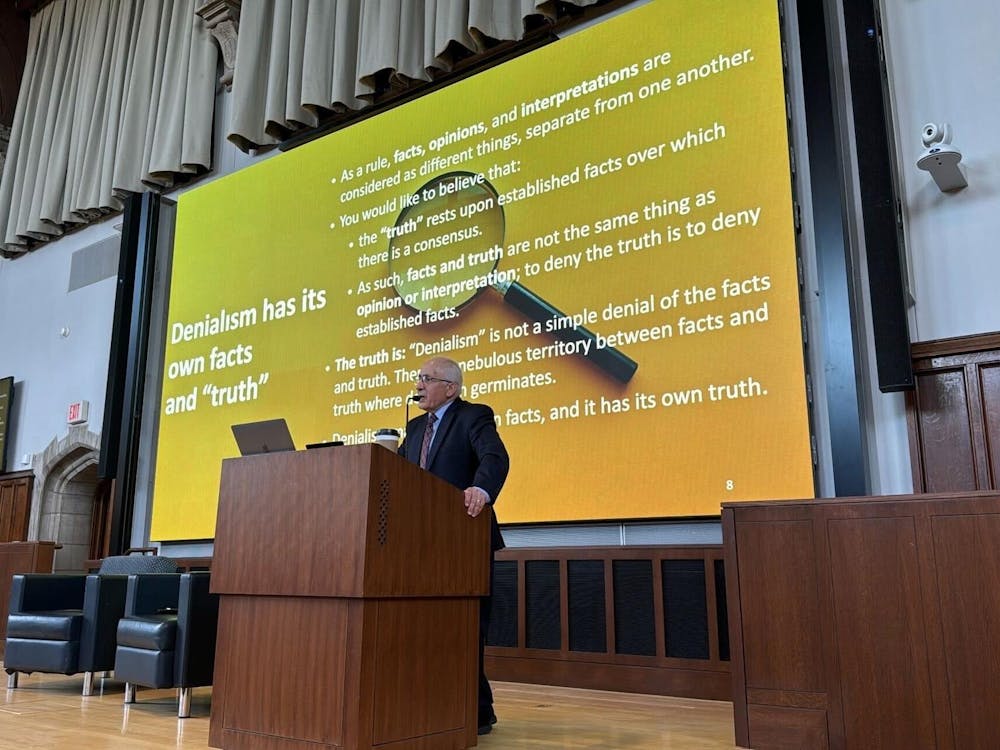Recommendations from the University Board Plan Committee proposed several changes to the undergraduate dining experience to be enacted in the fall of 2017 as part of a one-year pilot program, according to an official University statement.
These modifications to the current meal plan system come as a response to the Board Plan Committee’s initiative that started in Oct. 2016 to receive feedback from undergraduate students on the overall undergraduate dining experience at the University by way of focus groups and an interactive website.
One of the most notable changes under the new plan includes alterations to the Block 95 meal plan, which is offered to juniors, seniors, and graduate students. The new version of the plan will feature an additional 250 dining points, built-in at no extra cost, that can be used at the nine campus cafés: Frist Food Gallery, Café Vivian, Witherspoon Café, Woodrow Wilson School Café, E-Quad Café, Frick Chemistry Café, Genomics Café, Chancellor Green Café, and the Atrium Café. Furthermore, these points can be used during school breaks, a new concept that deviates from the current system in which students have to purchase additional plans exclusive to break weeks.
Dean of Rockefeller College Oliver Avens, co-chair of the Board Plan Committee, noted, “We’ve never had dining points at Princeton and many other universities and colleges do, so this is our first pilot-program to do that and also to sort of expand the number of venues.”
He also spoke to the flexibility of the points, stating that “the points will be a new way also for students to … apportion their dining options through the semesters.”
The undergraduate dining system was last reviewed in 2005, with full changes going into effect in 2007.
Smitha Haneef, Executive Director of Campus Dining and a Board Plan Committee co-chair, explained “flexibility and access to a meal” as “a big driving factor” to the new system.
Avens explained that the most recent review of the system was prompted in part because of a “want to have the Board Plan reflect our student population and the needs and wants of that population.”
In order to reflect such needs, focus groups comprised of students across classes and meal plans were assembled in the fall of 2016 to discuss the current dining experience on campus. Avens stated that the issues repeatedly brought up in the focus groups primarily centered around flexibility, access to dining halls, hours in which dining halls are open, location of dining halls in relationship to classes (especially on the east side of campus), the diversity of menu options, and the effectiveness of communication to students with regards to important dining information.
With this in mind, other proposed changes include Saturday and Sunday breakfast hours at one dining hall in addition to regular brunch hours, an enhanced web-based platform for campus dining to better communicate about programs such as “Lunch-to-Go,” healthier options at Late Meal, standardized late night snack menus in the residential colleges, and a new online Meal Exchange Program for students on meal plans who wish to dine at eating clubs, the University statement reports.
Haneef also added that the focus groups brought into discussion the relationship between eating clubs and dining halls. She noted that “the historic claim always had dining plans from Campus Dining and eating club plans, but we found that there are more and more students that were looking for choices.” She added that “as a University, we did want to reach out to the students in understanding what those choices could look like,” in order to “design some options that could best suit their needs.”
While the pilot program focuses primarily on the structure of meal plans as opposed to the meals themselves, Haneef noted that the requests for more diverse menus in the focus groups are being considered.

“We will be taking a closer look at where we are currently and where we might need to look into bringing more options,” she said. “Especially in the context of Princeton being the most diverse that it has ever been, we think that it is an appropriate time to think about food and engagement through food in that way.”
Throughout the 2017-2018 academic year, the committee will continue to seek feedback from students and make adjustments to the pilot program which may later be enacted in the fall of 2018.








